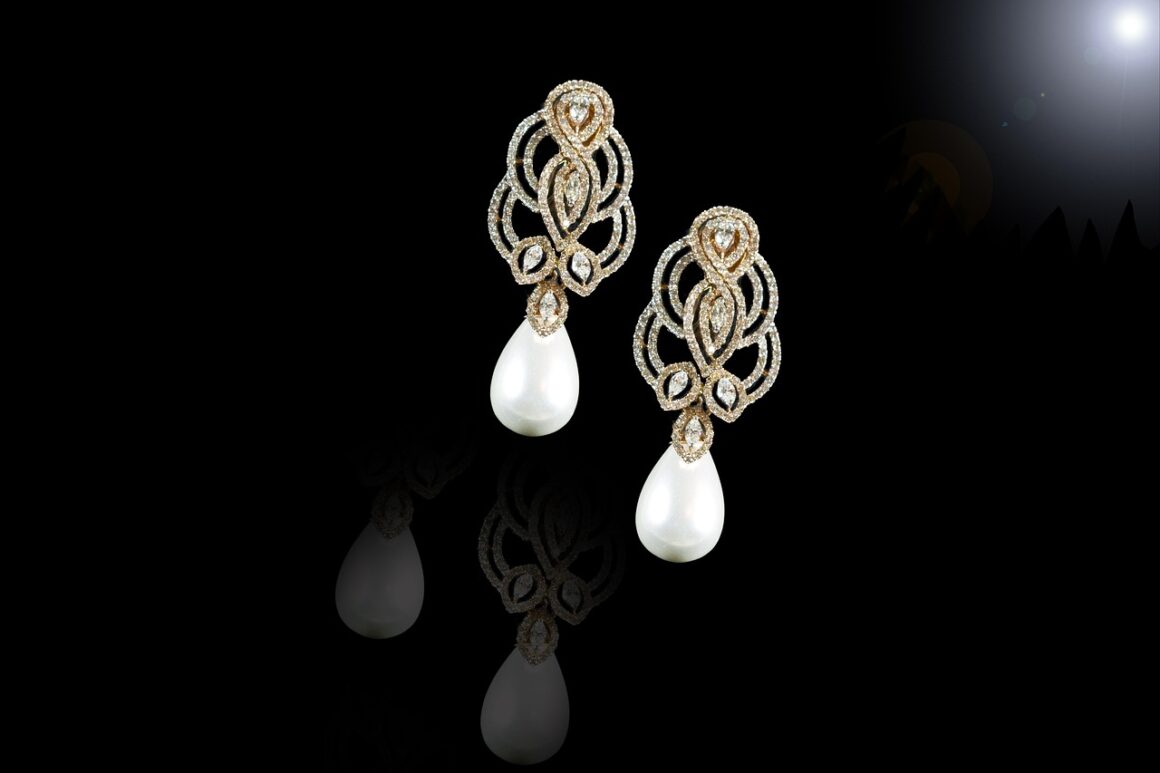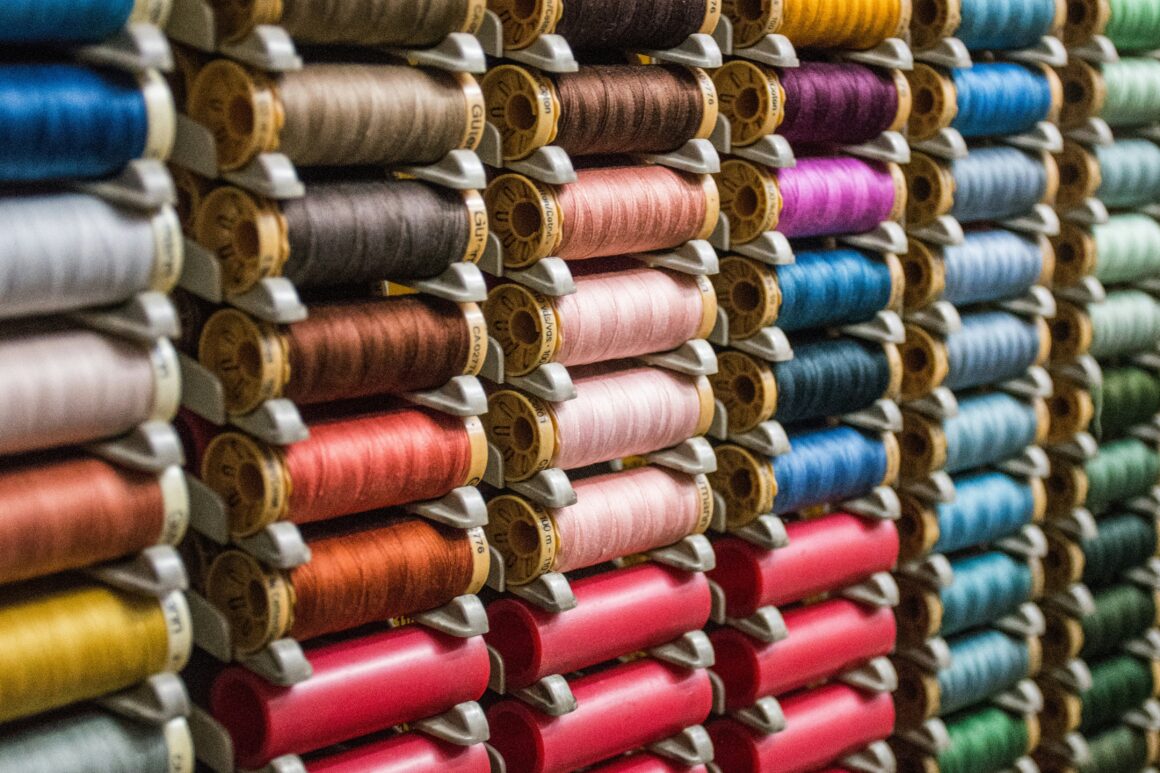“I just don’t get it,”
“Diversity is great and all, but does everyone need to be so obsessive about it? There are plenty of diverse characters already.”
I understand where you’re coming from. I understand, but I don’t agree. I’d like you to understand my perspective as well. Diversity is incredibly important, and we’re not quite where we need to be yet.
Topics like this are difficult for everybody involved. If you’re somebody who strongly supports diversity, it can be hard to remain civil and understand those who question and downplay it. If you’re someone who doesn’t understand the need for “even more” representation, it can be difficult to see where the other side is coming from without feeling like you’re being attacked.
Something that often goes over the heads of those who are pro-diversity (including myself) is that often those who are skeptical about pushing for representation are not coming from a malicious place. In reality, many people are coming from a privileged and uninformed place. Neither of those things is inherently bad, but if you do fall into one or both of those categories, it’s extremely important to recognize your privilege and listen to those without.
“All anybody is asking for is that you truly listen to those who are underrepresented and underprivileged, and realize that they understand their own experience far better than you or anyone else ever could”
While I imagine hardly anybody wants to be uninformed, it can sometimes be hard to know how to combat that. It’s actually a (relatively) simple fix. All anybody is asking for is that you truly listen to those who are underrepresented and underprivileged, and realize that they understand their own experience far better than you or anyone else ever could. Everybody has their own set of opinions—it’s an important and wonderful part of human nature—but it goes a long, long way if you can make the effort to realize that sometimes your inherent opinions aren’t based on the first-hand experience (or statistics and facts) needed to truly accurately assess the situation.
Back to the matter of representation in media, try to withhold from forming a complete opinion for a few paragraphs. Realize that if this doesn’t affect you, then do you really need to be telling other people how to feel about it? If you don’t feel underrepresented when you’re watching a show, it’s not because “there’s already enough representation,” it’s because you are represented. You never think about it because you don’t have to.
Thankfully, Hollywood has been doing somewhat better. Diversity is (slowly) finding its way into more and more content. However, it’s still nowhere near where it needs to be. If you find that hard to believe then consider this: how the hell would you know how much representation for other people is a suitable amount? You see diversity and think, my favorite book has a disabled character, a latina character, and a gay character, what else do you need?
We need transgender characters and Pacific Islander characters and autistic characters and plus-sized characters and Sikh characters and lesbian characters and so, so much more. I know what you’re thinking, and no, I don’t expect every single minority to be represented in a single piece of media, but we need more than just a token character or two each. Beyond that, these diverse characters are often treated terribly or play into stale stereotypes, and that hardly seems like equal ground.
But why do we need these characters? We need them because it’s pretty hard for a kid to feel normal if they never see themselves at the movies but always see all of their friends. We need them because fiction has been proven to directly influence how you think and feel. We need them because seeing stereotypes being played out reinforces the idea that a certain type of person must fit into a specific type of mold, and that if they don’t fit into that mold they’re labeled as the passive aggressive different. We need them because I can count on one hand how many characters I can sort of relate to, despite consuming copious amounts of fiction and constantly searching for a character or story I can connect to. We need these characters because it’s messed up that the existence of so, so many people were erased from fiction.
People fight for diversity because diversity is a reality. In reality, there are communities solely made up of people of color. In reality, LGBT+ people are everywhere, in every community, out or not. In reality, people have physical disabilities. In reality, people struggle with mental illnesses. It’s not over the top or fanservice and certainly not unrealistic to include diversity. It’s quite the opposite, what’s unrealistic is pretending we’re all the same.
“We need diversity because it’s pretty hard for a kid to feel normal if they never see themselves at the movies but always see all of their friends.”
Beyond the complete and utter lack of representation, there is also bad representation, which is where the arguments really start breaking out. People see (unknowingly bad) representation and don’t understand why that’s not enough. It’s not enough because I don’t want to myself on TV only to be a crappy stereotype that ends up being killed off. It makes me wonder what society must think of me if they always kill off characters I share something in common with.
Some people argue that all characters could potentially die and that killing off a minority shouldn’t be a big deal, but the proportions are way more out of whack than you realize. Last television season, 10% of all deaths were LGBT women and 3% were LGBT men despite the fact that only 4% of television characters were LGBT to start with. That’s absolutely unacceptable.
Beyond disproportionate deaths, diversity can still be done poorly in some of the following ways.
- The character is stereotyped (e.g. the angry Black woman)
- The character is sidelined (e.g. a minor character, a character that does not get as many lines/appearances/subplots as their counterparts)
- The character’s storyline reduces them to only their diversity (e.g. a gay character who’s only/usually mentioned in regards to dealing with homophobia)
- The character is two dimensional and is only there for diversity points (e.g. a character less developed than their counterparts because they’re only there to be diverse)
- A character who is confirmed to be a minority but that aspect of them is never mentioned again (e.g. a character comes out as non-binary, but it is never acknowledged again and does not seem to affect the character or story at all)
When diverse people see themselves represented like this, it hurts. Think about it like this. Say, you really like the color blue. The color blue is a part of who you are. However, people are constantly telling you that people who like the color blue have irrational emotions, and can’t be taken seriously. You hardly read any books with people who like the color blue, because they’re just not there. You feel lost and alone. One day, you find a book with someone who likes the color blue and it makes you feel normal. It gives you something to connect to. Except, wait a minute, you find that the character who likes blue? They have irrational emotions, just like everyone always says. After two short appearances, they don’t show up in the book again. You’re heartbroken. You know, as a blue lover, that your emotions are valid. You get upset. You try and advocate for more blue lovers in books, but everyone shuts you down. They say look at this book you’ve already got, it’s got a blue lover. But that’s just one book. The blue lover is hardly in there, and it’s not even realistic. How could you not be upset? Diversity doesn’t mean anything at all if it’s bad representation.
For someone who is not part of the community the diverse character is from, poor representation may go over their head, and that’s understandable. If you’re not a part of a community, it’s impossible to ever truly and completely understand what it is like to be a part of said community, as you’ve never experienced it.
So what can you do? You can listen to the voices of people saying that this isn’t right, that this isn’t true representation, and you can believe them instead of telling them how they should feel. Diversity in media may not be a big deal to you, but for the people who are living with the realities of being a minority, positive representation goes so much farther than you would ever think.




